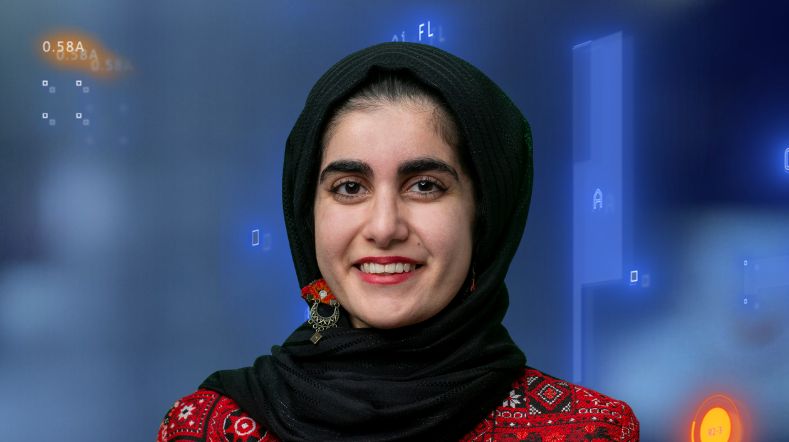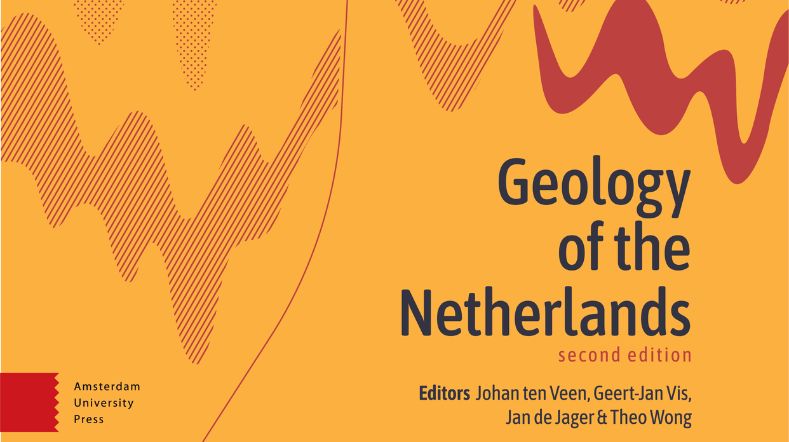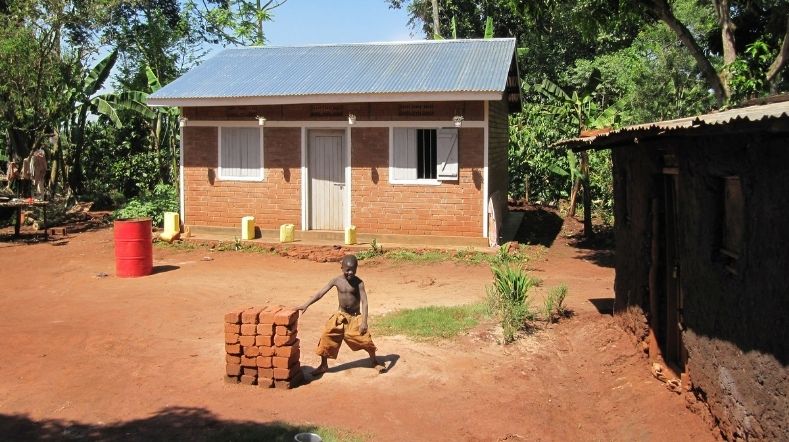
DMI: the Dutch Metropolitan Innovations ecosystem
Status project
2023-2027
The Dutch Metropolitan Innovations (DMI) ecosystem delivers new tools from the digital world for mobility, public space and housing. TNO is one of the initiators of the DMI ecosystem, which is a public-private partnership between industry, knowledge institutes, G40 and G4 municipalities, provinces and the Ministries of Infrastructure & Water Management and Interior & Kingdom Relations, under a joint uniform agreement framework.
Collaboration in the physical sphere through smart applications
The pressure on available physical space, the traffic and mobility system, public finances and business too has only increased in recent years. Sustainability, affordability, accessibility and housing seem to be fighting for priority, but are strongly interrelated in terms of their goals, mutual influence and effects.
The DMI ecosystem aims to provide the physical domain with better tools and capabilities from the digital world and use them to develop new mobility and urban space solutions.
It is a platform to share data and applications: information on logistics, hubs, construction, energy use, air quality and more. By optimally leveraging IT in a socially responsible way, this brings together techniques, policy, people and investment, so that companies and public authorities can develop and harness smart and sustainable solutions.
This gives municipalities a better understanding of how their urban area is functioning and changing, and also puts residents in the driving seat of their own living environment. Companies can develop new, smart business models thanks to the ecosystem, and scale up and get to market faster.
TNO makes Urban Strategy tool available
TNO is making the Urban Strategy feature available to the DMI ecosystem. This tool is a town or city’s Digital Twin platform and will accelerate the development and application of Digital Twins for urban areas.
Besides opening up the existing building blocks, additional features are being developed to enable data to be shared securely between parties in the ecosystem. By using federated technology, for example, data owners keep control over their own data. In doing so, we are making it easier for public and private parties to collaborate in the ecosystem.
The technology is being tested in different use cases, ensuring that it fits in with users' practices.
Contribution to economic growth in the Netherlands
The Dutch government’s coalition agreement sets firm targets for 2030 on climate, housing and nitrogen. This calls for public-private partnership and coordination between the national and local governments, and using information technology in a socially responsible way.
The ecosystem supports smart, sustainable urban and mobility development. The Dutch central government is investing €85 million in this project over 5 years. On top of this, companies and municipalities are jointly investing a further €93 million.
DMI is contributing to overall well-being, a sustainable and future-proof Netherlands with resilient cities that can provide a wider inner-city housing supply and a strong IT industry. The ecosystem invests in intelligent applications, accelerated knowledge building and trusted data sharing between the parties involved, in a socially responsible manner.
Get inspired
Strategic defence and security analysis

Time setter story: Batoul Mesdaghi on the subject of a fair energy transition


TNO presents new edition of 'Geology of the Netherlands'


Compressed Earth Blocks


Transition co2 neutral mobility 2050

